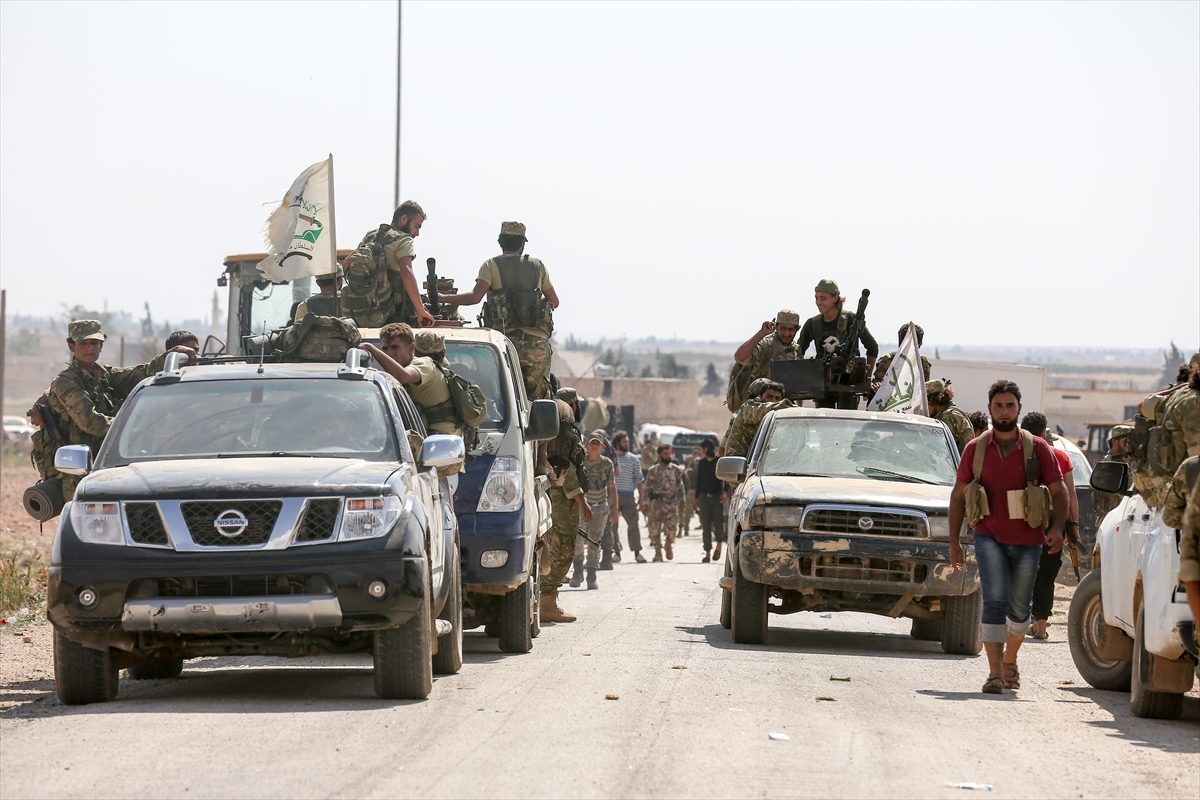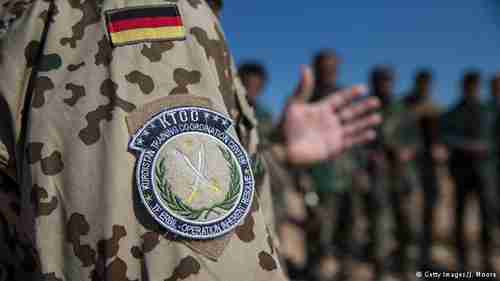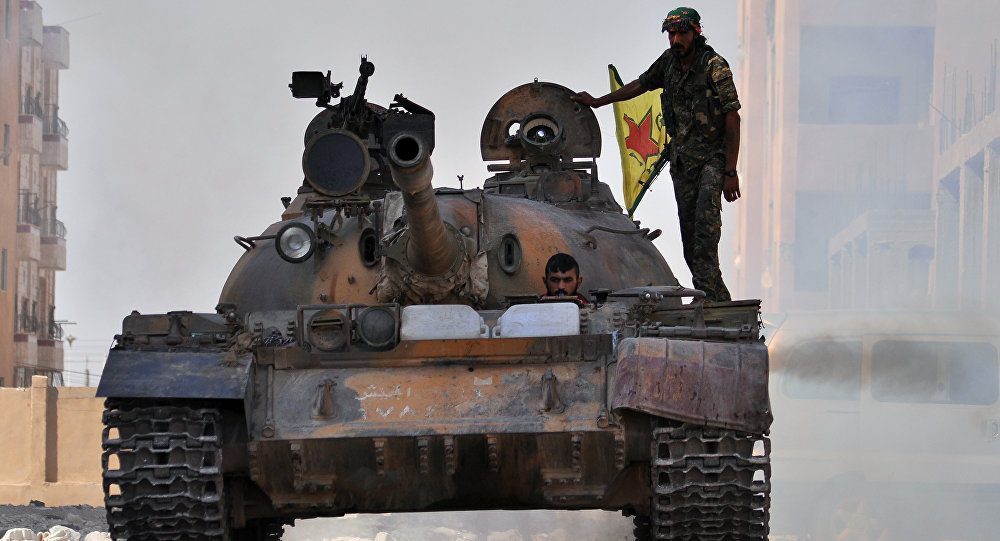
Kurdish militias in Syria took near complete control of Hasaka city on Tuesday as a ceasefire ended a week of fighting with the government, consolidating the Kurds’ grip on Syria’s northeast as Turkey increased its efforts to check their influence.
The Kurdish YPG militia, who are backed by US under the term of fighting against Islamic State, already controls large parts of northern Syria where Kurdish groups have established de facto autonomy, as they used the weakness of government forces their after the start of Syrian crisis.
YPG-controlled areas of northern Syria include an uninterrupted 400 km (250 mile) stretch of the Syrian-Turkish border from the eastern frontier with Iraq to the Euphrates river, and a pocket of territory in northwestern Syria.
The reported ceasefire came into effect at 2pm (11am GMT) on Tuesday, and follows a major assault by the Kurdish YPG group to capture the last government-controlled areas of the city.
According to the Syrian Observatory for Human Rights, a UK-based organisation that tracks daily developments in Syria, the YPG has gained control of nearly all of Hasaka.
Under the truce, all forces loyal to Assad regime and pro-regime militias will be be allowed to leave.
On Tuesday Hasaka’s remaining government officials were confined to a few buildings known as the security quarter, while the rest of the city was under Kurdish control. The Kurds held around 70 percent of Hasaka prior to the latest fighting.
“Even if they (pro-government militias) keep a symbolic presence, it is a big defeat for the regime in Hasaka,” said Rami Abdulrahman, director of the Syrian Observatory for Human Rights, which reports on the war.
The YPG would hand over all seized areas to an affiliated Kurdish police force, the Asayish. Government policemen would be left to secure the one remaining area under state control.
Details reported by state TV included a prisoner swap, handing over the wounded and bodies of the dead, and opening the roads to Syrian army positions inside and outside the city.
The fighting in Hasaka, which was divided into zones of Kurdish and Syrian government control, marks the most violent confrontation between the Kurdish YPG and the Syrian army in more than five years of civil war.
Goverment fighter jets last week bombed YPG positions in Hasaka for the first time during the war, prompting a US-led coalition to scramble aircraft to protect American special operations forces on the ground in the area.
A quick fix ceasefire
Al Jazeera’s Hashem Ahelbarra, reporting from Gaziantep on the Turkish side of the border with Syria, described the ceasefire as fragile, citing the collapse of a similar reported truce in recent days.
“The terms of the truce state that the Syrian army will pull out of the city, but they can easily re-deploy to military bases around Hasaka,” said Ahelbarra.
Kurdish fighters are also expected to pull out as part of the truce, our correspondent said, adding that security was going to be handed over to the Asayish, the police branch of the YPG.
“The ceasefire looks like a quick fix, an attempt to defuse tension, rather than trying to find a long-term solution to the crisis in Hasaka,” said Ahelbarra.
“The same truce, with similar terms, was agreed two days ago, but hours later, the deal collapsed,” said Ahelbarra, who added that there was no mention of the latest reported ceasefire on Kurdish media.



